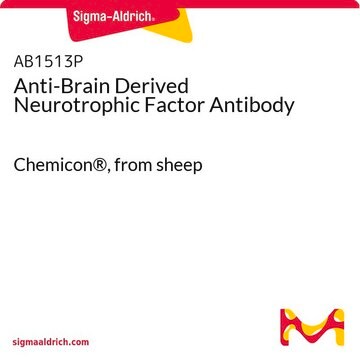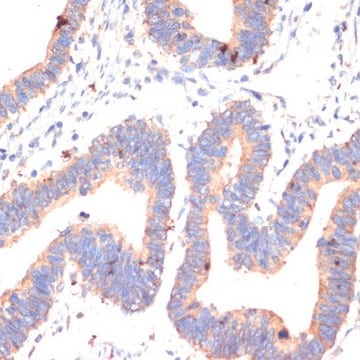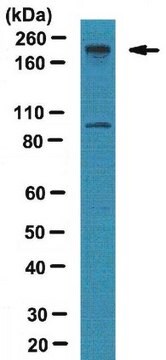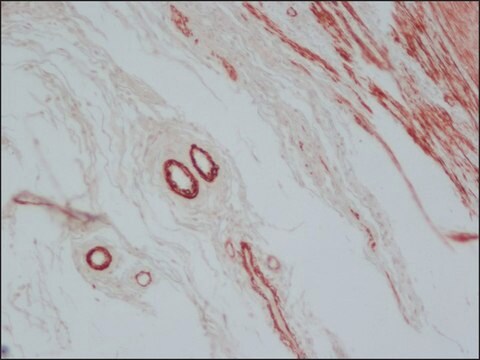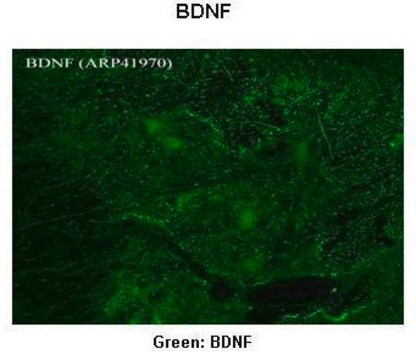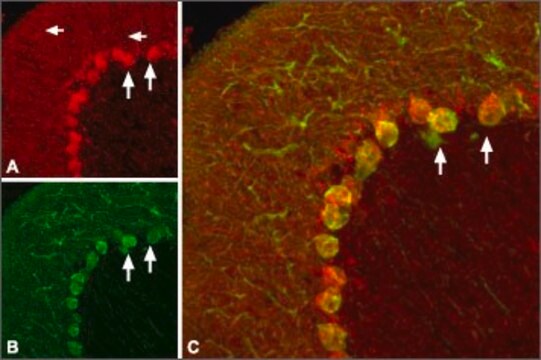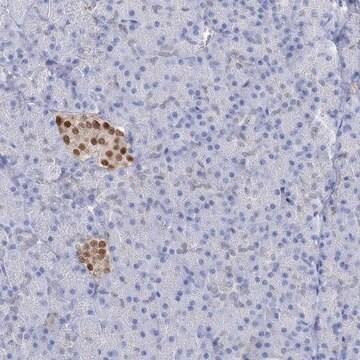B5050
Monoclonal Anti-Brain-derived Neurotrophic Factor antibody produced in mouse
clone 35928.11, purified immunoglobulin, lyophilized powder
Synonym(s):
Anti-BDNF
About This Item
Recommended Products
biological source
mouse
Quality Level
conjugate
unconjugated
antibody form
purified immunoglobulin
antibody product type
primary antibodies
clone
35928.11, monoclonal
form
lyophilized powder
species reactivity
human
technique(s)
immunohistochemistry (formalin-fixed, paraffin-embedded sections): 8-25 μg/mL using human spinal cord
western blot: 1-2 μg/mL
isotype
IgG1
UniProt accession no.
storage temp.
−20°C
target post-translational modification
unmodified
Gene Information
human ... BDNF(627)
Looking for similar products? Visit Product Comparison Guide
General description
Immunogen
Application
Immunofluorescence (1 paper)
Biochem/physiol Actions
Physical form
Preparation Note
Disclaimer
Not finding the right product?
Try our Product Selector Tool.
recommended
related product
Storage Class Code
11 - Combustible Solids
WGK
WGK 1
Flash Point(F)
Not applicable
Flash Point(C)
Not applicable
Choose from one of the most recent versions:
Already Own This Product?
Find documentation for the products that you have recently purchased in the Document Library.
Our team of scientists has experience in all areas of research including Life Science, Material Science, Chemical Synthesis, Chromatography, Analytical and many others.
Contact Technical Service